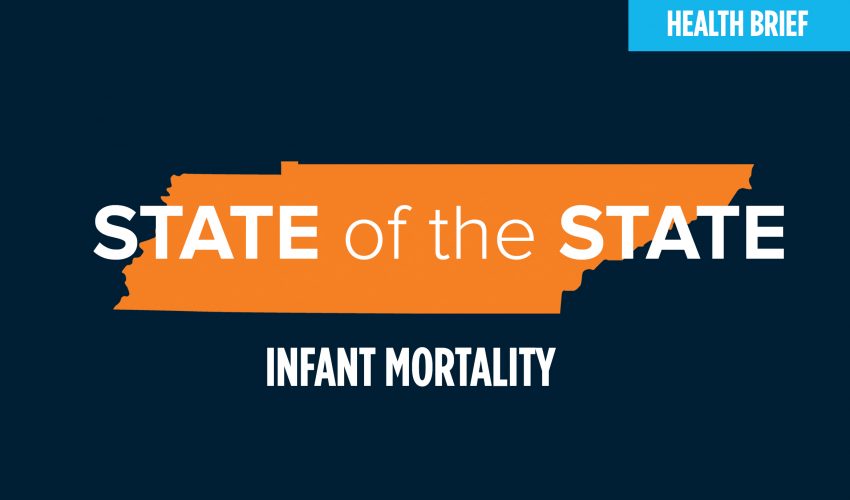Can a person be destined to fail?
Rationally, we say the answer is no — people have choices, even when life deals a difficult hand.
But science has proven there may be physical reasons some people feel health and happiness are always just out of reach.
“Trauma in childhood can lead to poor health in adulthood ,” says ACE Awareness Foundation Director Ellen Rolfes.
“When children experience strong, frequent or prolonged adversity at home, it creates toxic stress, which changes their brains — literally. These adverse childhood experiences (ACEs) disrupt brain development, physically altering their DNA. When those kids grow up, they are more likely to struggle with everything from violence to disease to incarceration.”
The scientific basis for toxic stress dates back to the “ACE Study” of the 1990s.
It was the largest investigation ever conducted on childhood maltreatment and its effect on adult well-being, and it proved ACEs cause serious problems — aggression, addiction, obesity, unemployment — across all socioeconomic and ethnic lines.
The more ACEs you have, the more likely you are to experience their negative outcomes in adulthood.
(You can take a short quiz to find your ACE score here.)
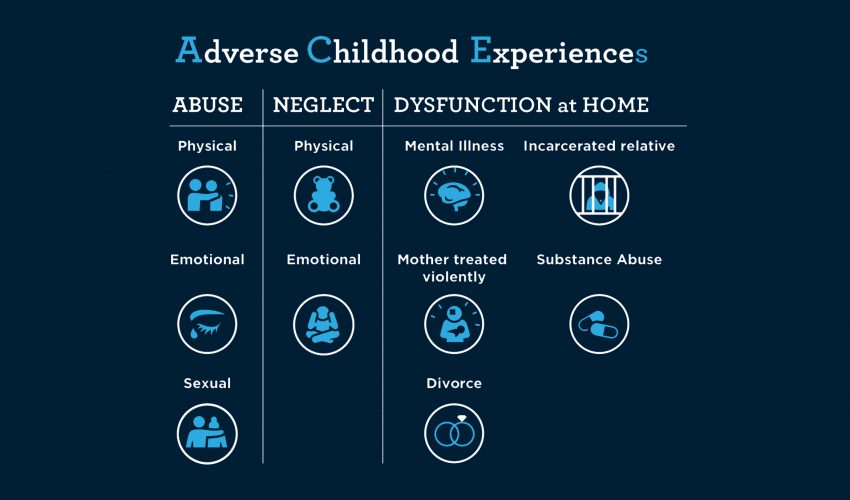
So what do we do?
First, we clarify: An ACE score is a set of facts, not fate.
It doesn’t factor in lifestyle, genetics or positive experiences that build a child’s resilience, such as having a long-term relationship with one caring adult (an aunt who loves you or a teacher who takes an interest).
The ACE survey is a tool that helps people determine their risk factors and why they might act or feel the way they do, and it should be used as a starting point.
“One big way we help adults who have a high ACE score is to dispel the misconception that they can’t change their outcomes,” says Rolfes. “Once toxic stress alters a child’s DNA, that can’t be changed, but you can change the expression of it.
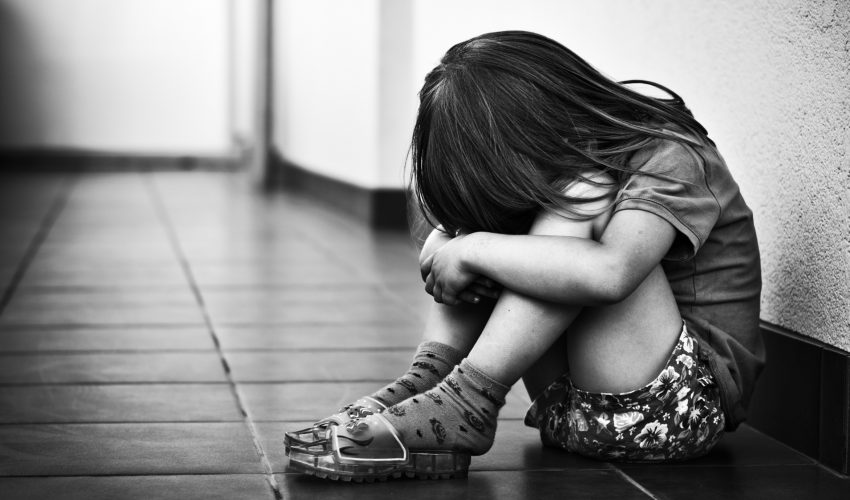
Click here to learn how cities like Chattanooga are fighting child abuse.
“Research shows that adults who’ve experienced toxic stress can pass that altered brain chemistry to their children. But if a person addresses their ACEs, when he or she has children, a different expression of their DNA can be transferred.
“That means with long-term work, people can overcome ACEs, for themselves and for their children.”
It’s an important distinction: overcoming ACEs is possible, but it takes an enormous amount of time, effort and resources. It is still infinitely better to prevent ACEs from ever occurring, and that starts with parenting.
“There comes a point where we need to stop just pulling people out of the river. We need to go upstream and find out why they’re falling in.” – Desmond Tutu
In Memphis, the ACE Awareness Foundation takes a three-step approach.
1. Universal Parenting Places (UPP sites)
UPP sites are judgment-free zones where parents can go for help. They can talk with counselors, explore their own ACEs and learn how to alter their behaviors in their homes.
Counseling covers many issues:
- Temper tantrums
- Conflicts between parents
- Bullying at school
- Welcoming a new baby or
- Entering into a blended family.
Research has shown that being able to trust another adult and “just let it out” helps people work through their experiences and take control.
For some adults with a high ACE score, finding out that there may be a scientific reason their minds and bodies react in certain ways can also be liberating.
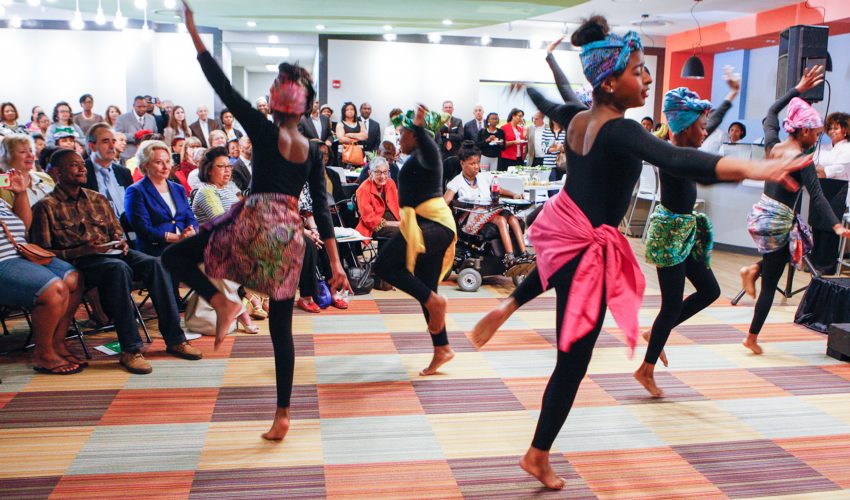
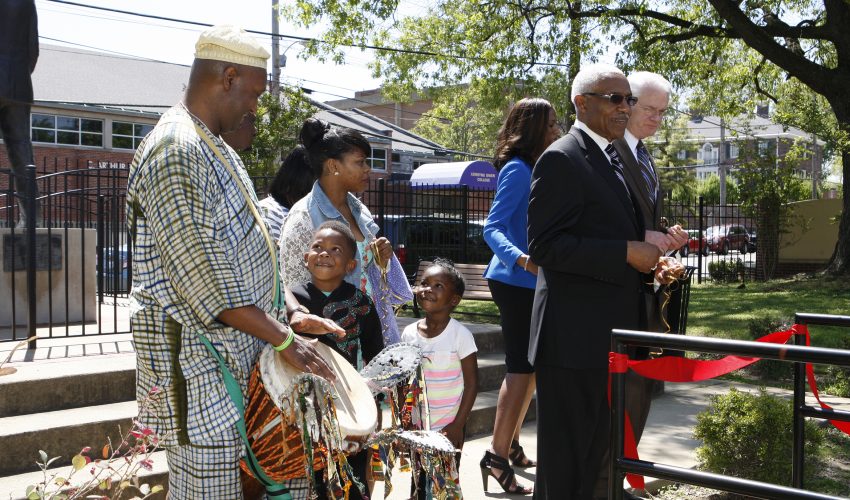
Dancers and drummers performed at an UPP site opening, which was attended by former Memphis Mayor AC Wharton.
2. Parent Support Warm Line
At home, caregivers can call a free phone line (844-UPP-WARM) administered by Le Bonheur Children’s Hospital for guidance and support with parenting issues in real-time.
It’s manned by licensed therapists who have trauma training. ACEs are more likely to occur during peak hours of parenting — late afternoon to bedtime — so the Warm Line is available for parents who need to talk through something or who just need a timeout.
3. Community Outreach
Healthcare providers, organizations and civic leaders attend workshops focused on creating trauma-informed citizens.
Tennessee has also held statewide summits and created task forces to combat the issue, creating ACE Awareness Partners.
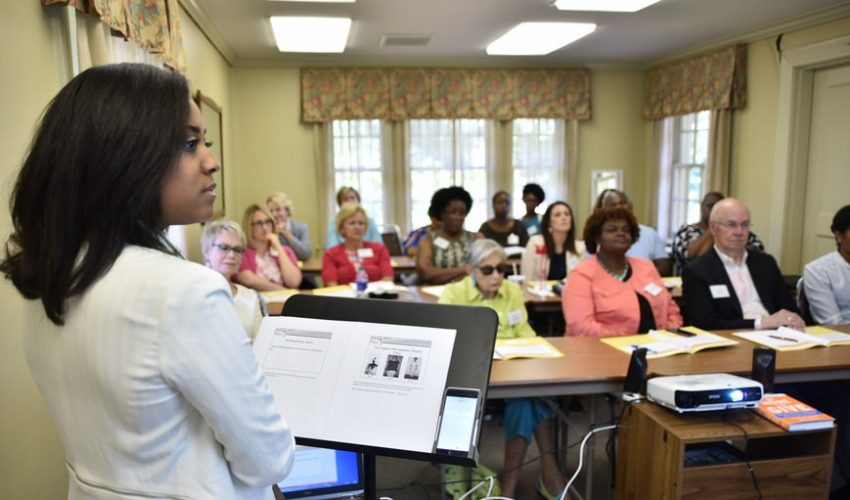
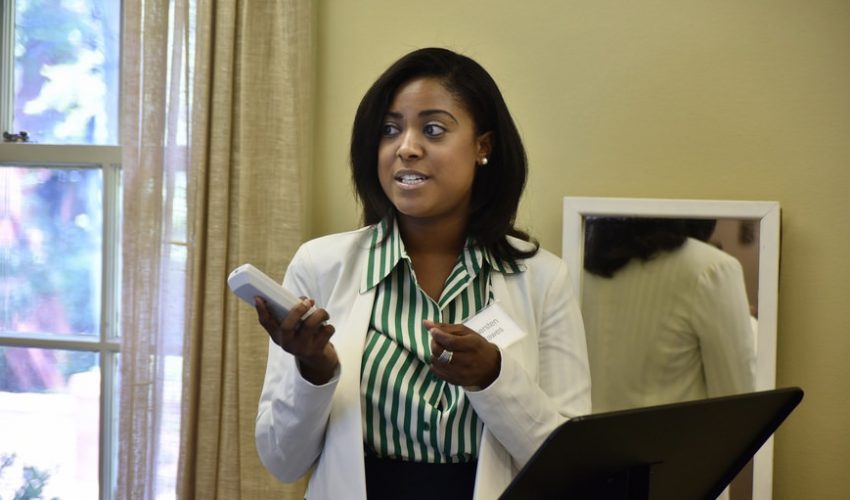
ACE Awareness partners are trained in Shelby County.
Before the fall
“Addressing an issue and trying to prevent that issue are very different things,” Rolfes says. “It’s a full systems change that won’t come easy.
“We need to create a critical mass of people who understand ACEs, can speak that language and can take action. It is so much a part of our culture that:
- We don’t talk about these issues, and
- When we do, our models are based on intervention.
That will always be necessary, but the more we can do to prevent ACEs, the better off we’ll be.”
That idea has gained momentum in recent years. In Tennessee, social service models receive more than $800 million in taxpayer funds annually, most of which goes to reactive interventions that produce modest results.
So in November 2015, Tennessee held its first statewide ACEs Summit, focused on shifting public policy from treatment to and providers, and online training for Tennessee’s early childhood workforce is being developed.
In Memphis, the plan is simple: expand in a meaningful way — quickly.
“We plan to open two to three UPP sites every year,” says Rolfes.
“We envision a Memphis where everyone knows where to get the help they need. Every adult and child should be able to take control of their own destiny.”
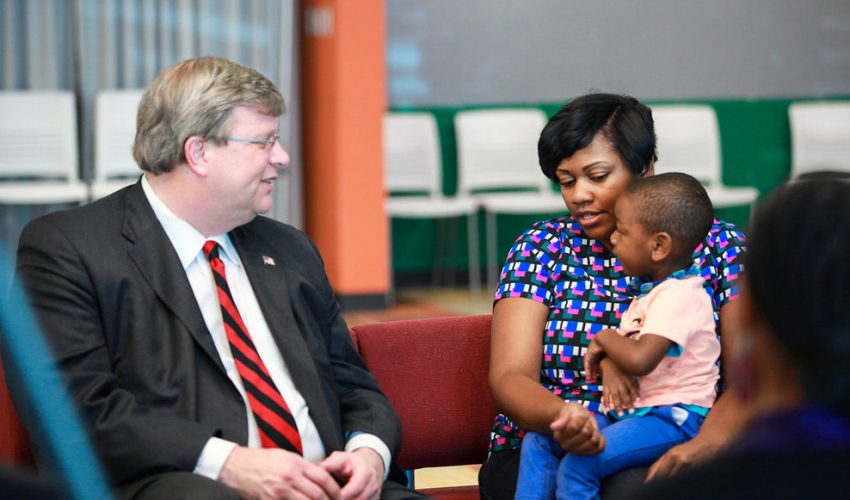
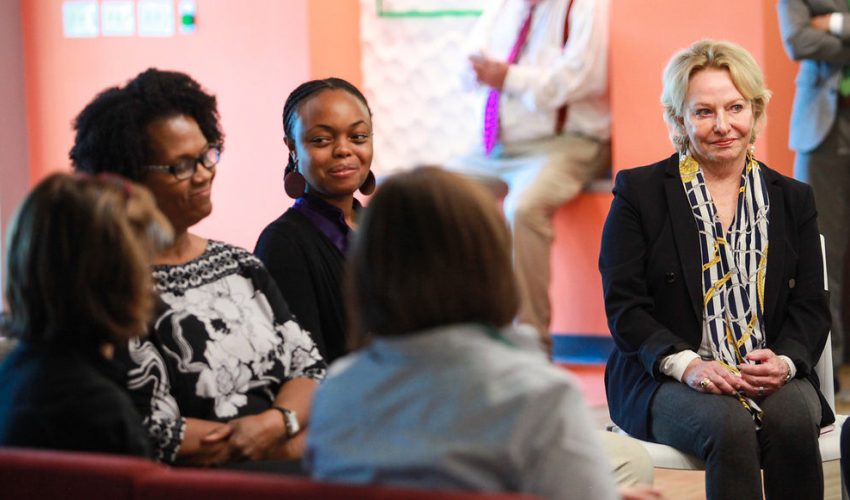
Mayor Jim Strickland talks to a group at a Memphis UPP site opening.


